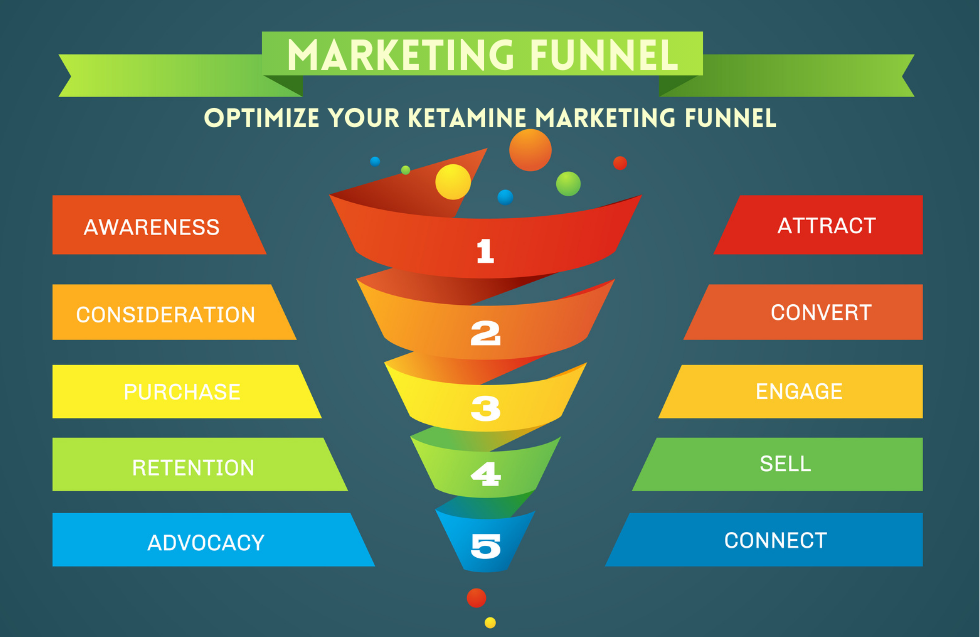Entrepreneurs can obtain financing in a variety of ways to launch their new businesses. Many people use their own funds, those of their friends and family, Small Company Administration (SBA) loans, crowdfunding platforms, or business credit cards. In addition to these financial choices, some business owners look into small business loans.
You can expand your endeavour with a loan for your new firm, but you should keep in mind that your organisation is inexperienced. It can be challenging to run a business in the first few months, and it takes time to start making money. Additionally, figuring out your company’s short term financing and long-term requirements takes time. As you can see, deciding whether to apply for starting business financing is a serious decision.
In order for you to carefully consider your alternatives, we will outline the drawbacks of starting business loans in this blog post.
Business loan eligibility
Loans for startups are a risky business from the standpoint of business lenders. All the criteria that banks use to decide whether or not a company is eligible for a business loans, such as:
- Revenue
- Credit history
- Financial records
- Proof of business longevity
The main drawback is how challenging it is to get a new business loan. This is particularly true if the borrower lacks substantial down payments, assets to use as security, and good personal credit.
Restricts cash flow
Term loans typically have a monthly payment schedule that includes both principal and interest. Missing loan payments can permanently harm both personal and company credit.
Small business owners should think about how making recurring loan payments would affect the finances of their developing company. Monthly payments could limit the business’s ability to operate and expand.
Bootstrapping
Limited working capital might serve as an effective motivator. Entrepreneurs with ample resources may be tempted to solve problems by spending money at them, but those with inadequate resources may be forced to be more resourceful in maximising their initial funding.
The history of startups is replete with tales of costly failures. Rich business finance resources don’t always ensure success in starting new businesses—in fact, they may even work against it. Make sure the finances are required and won’t be a hindrance to you in the future before you take out a company loan.
Personal credit score at risk
Your personal money won’t be safeguarded by a small company loan. Many financial institutions want a personal guarantee because lending to small businesses has a higher risk than lending to larger corporations. This implies that if the business defaults, the banks may pursue you for repayment. As a result, your assets and personal credit score can be affected.
Wait a few months until your business is more established if you’re worried about how it might damage your personal credit. By doing so, you’ll be able to pay back your loan promptly and maintain the good standing of your personal credit.
Knowledge to utilize
When seasoned business owners get a loan, they have plenty of time to analyse their operations and determine how the loan can help them. As a new business owner, you’re still figuring out the peaks and valleys of your enterprise.
Right now, all you’re concerned about is getting more clients and making sure you have enough money for expenses. However, you can decide in a few months that you need to hire more staff or that you need to invest in a certain type of merchandise that is selling out.
Not qualified
Many online and alternative lenders refuse to finance businesses. Other loan companies have a criterion for how long a company has been in operation and won’t give loans to startups.
Find out whether lenders offer finance to start-up firms before investing the time to apply by doing some research or contacting them directly. By doing this, you can avoid wasting time gathering financial data and applying only to have your application rejected because of the short duration of your firm.
High rate of interest
Interest is the primary source of income for lenders. Any tiny business can have its foundation destroyed by these interests. It can be difficult for a small business owner to control both the competition and interest rates at once.
Strains business investment
Naturally, startup loans have a repayment schedule. You won’t have much money left over after each month’s hefty repayment to the bank to reinvest in the expansion of your company. Even employing new personnel or purchasing equipment may need compromise.
Conclusion
To be eligible for a small business startup loan, you may need to have the capital to launch your business independently of family members or investors who will want ownership in return for their investment. Before deciding to pursue this loan option, small business owners should assess all of their options & then avail a secured business loan.
Read More : What Is More Important for A Successful Startup?
FAQs
Are small business loans easy to get?
Without a high personal credit score and stable business cash flow, it might be difficult to qualify for a small business loan.
Why do banks reject business loans?
Using a large percentage of available credit is one of the most frequent causes of loan rejection.
Is it difficult for small businesses to get loans?
Due to their higher risk than large companies, small businesses usually struggle to secure financing from traditional banks.













